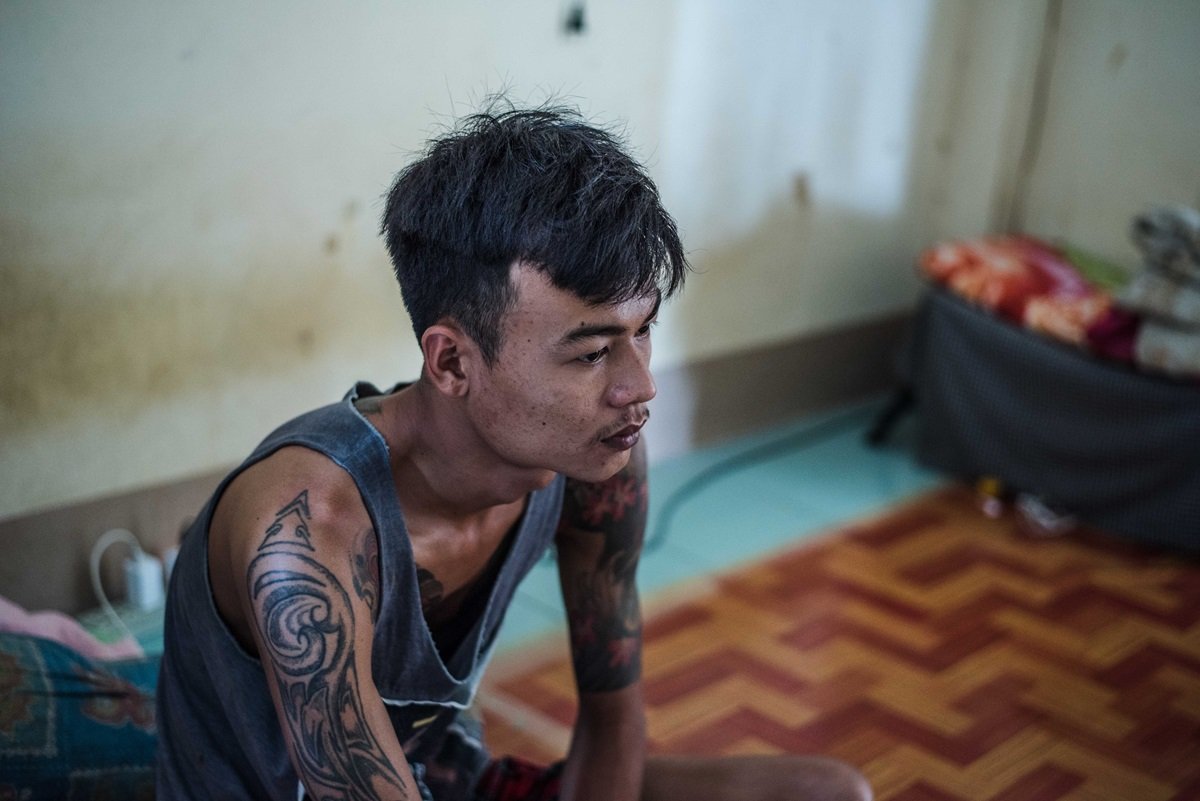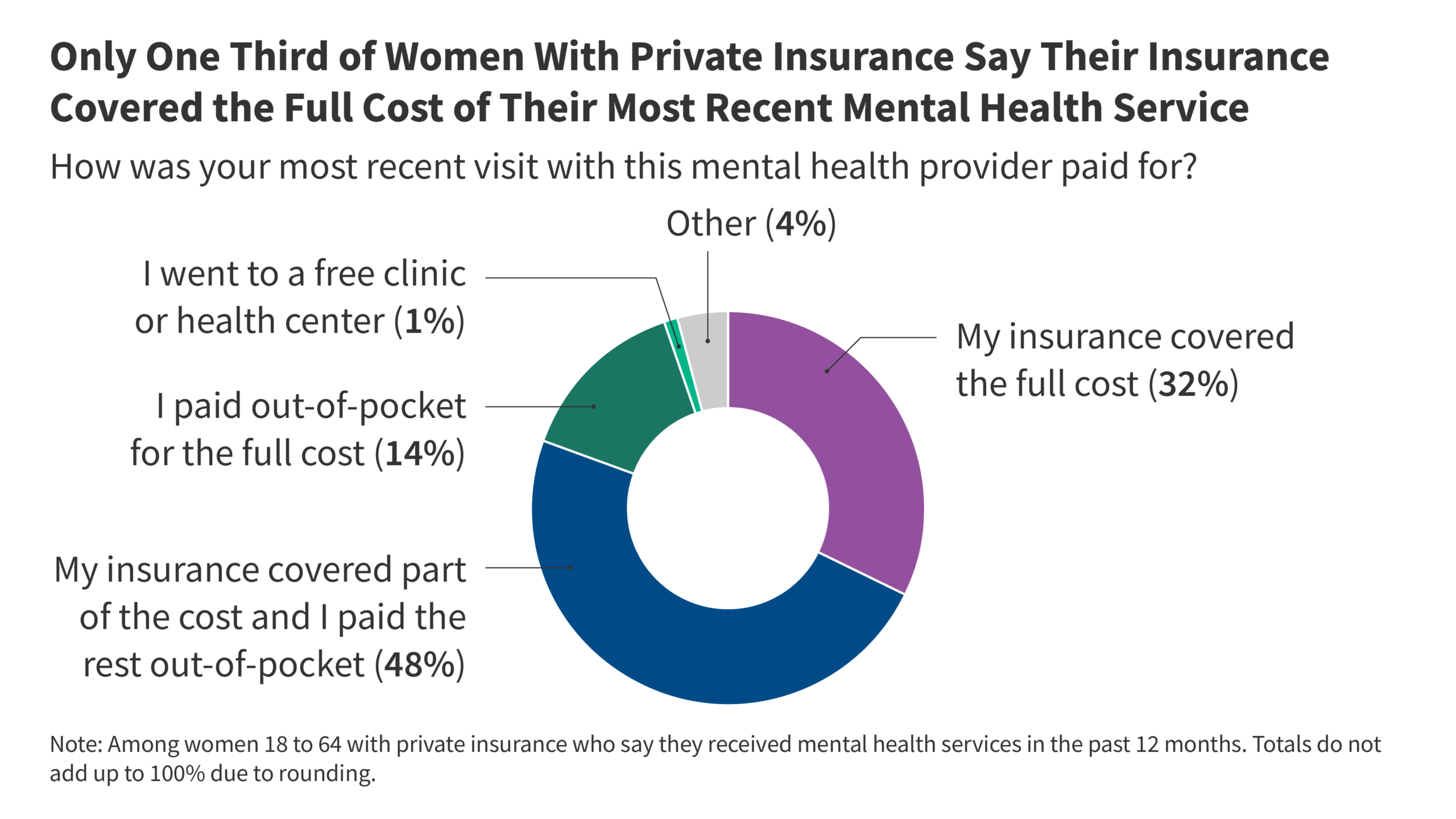As of mid-2024, the world faces a significant refugee crisis with 122.6 million forcibly displaced individuals, which includes 68.3 million internally displaced people, 37.9 million refugees, and 8 million asylum-seekers. These groups often experience heightened mental health challenges compared to the populations in their host countries. Common issues include depression, anxiety, post-traumatic stress disorder (PTSD), and suicide.
Low- and middle-income nations host approximately 71% of the world’s refugees and others requiring international protection. Many of these individuals confront barriers that hinder their access to mental health services, including cultural stigma, language differences, and legal uncertainties. The need for effective mental health support has never been more pressing.
The migration experience itself significantly impacts mental health outcomes. The journey often entails exposure to violence, poverty, and other traumatic events. Pre-migration stressors can include armed conflict, persecution, and economic hardship. During transit, refugees may face detention or violence, while post-migration challenges include poor living conditions, separation from family, and difficulties in integrating into new communities.
Mental health needs are shaped not only by the migration experience but also by factors in the host country such as social support, economic stability, and access to services. For instance, community support plays a vital role; individuals who are part of a supportive community report better mental health outcomes. Conversely, poor living conditions and insecurity regarding basic needs can exacerbate mental health issues.
Research indicates that refugees and migrants are more likely to develop mental health conditions than the native population. For example, studies show that incidents of depression and PTSD are notably higher among these groups. In some countries, the prevalence of psychosis is also greater among migrants, often linked to social disadvantages faced throughout their journey.
To improve mental health outcomes for refugees and migrants, targeted policy actions are essential. Some key recommendations include: 1. **Promote community integration**: Encourage participation in community activities and support networks to enhance social connections and reduce isolation. 2. **Address social determinants of health**: Ensure equal access to basic needs, including food, housing, education, and employment, by involving multiple sectors in service delivery. 3. **Integrate mental health into primary care**: Train healthcare providers to recognize and treat mental health conditions and ensure that mental health support is included in general health services. 4. **Provide flexible mental health services**: Offer various treatment options and locations to meet the diverse needs of refugees and migrants. 5. **Protect human rights**: Safeguard the rights of all individuals, regardless of their legal status, and prevent discrimination and violence, especially against vulnerable groups. 6. **Strengthen community resources**: Collaborate with refugee and migrant groups to improve access to information about mental health services and ensure continuity of care.
The World Health Organization (WHO) is actively addressing these issues by supporting member states to integrate refugees and migrants into national health systems. The WHO’s Global Action Plan and Comprehensive Mental Health Action Plan emphasize the importance of mental well-being for these populations and aim to reduce disparities in care access.
Through partnerships with organizations like the International Organization for Migration (IOM) and the UN Refugee Agency (UNHCR), WHO is working in various countries, including Chad, Colombia, and Lebanon, to enhance mental health support for refugees and migrants. The WHO’s 2023 Global Evidence Review on Health and Migration highlighted critical risks and protective factors affecting these populations, guiding future policy and research efforts.
As the global refugee crisis continues to evolve, it is crucial to prioritize mental health support for displaced individuals, ensuring they have access to the resources needed to rebuild their lives and contribute positively to their new communities.



